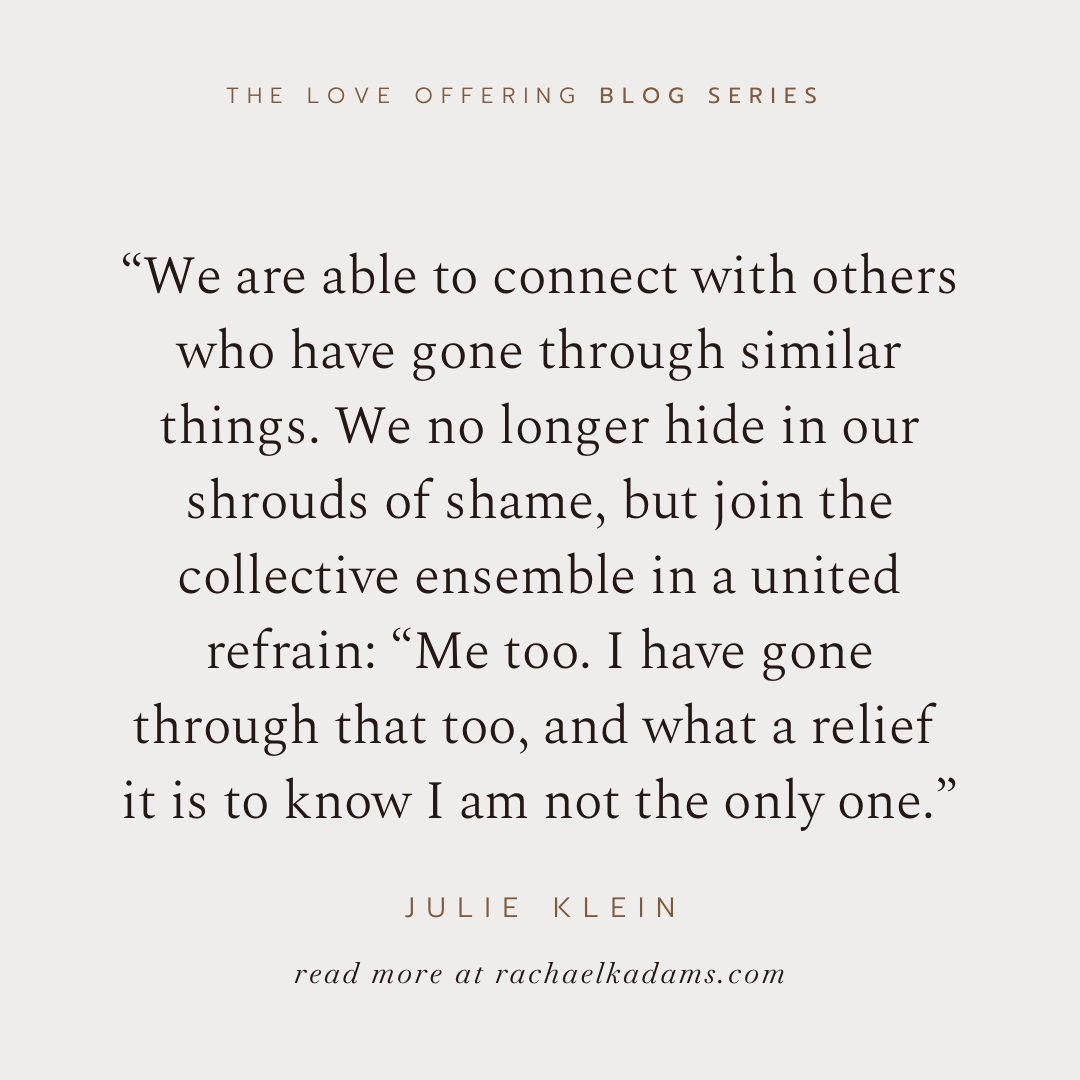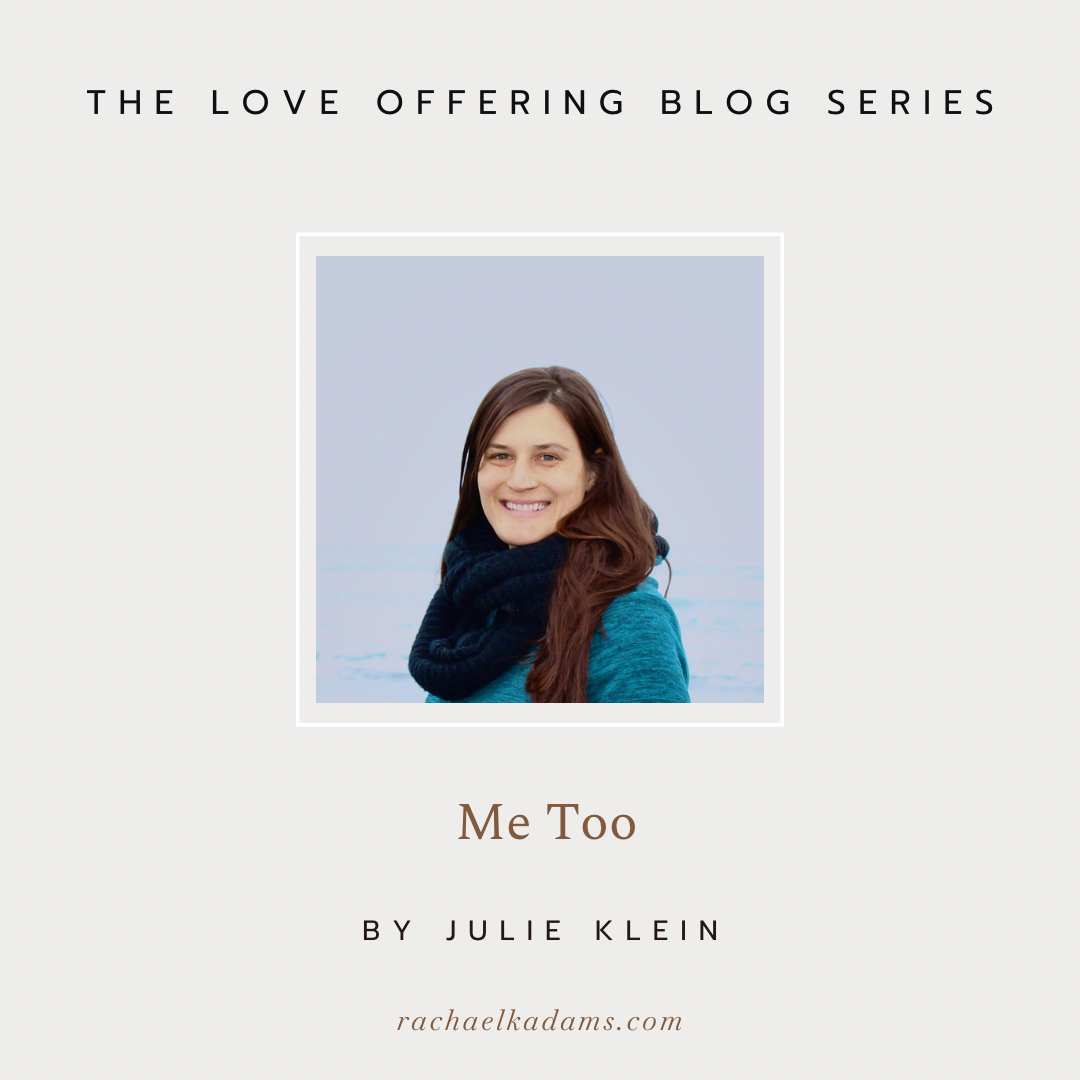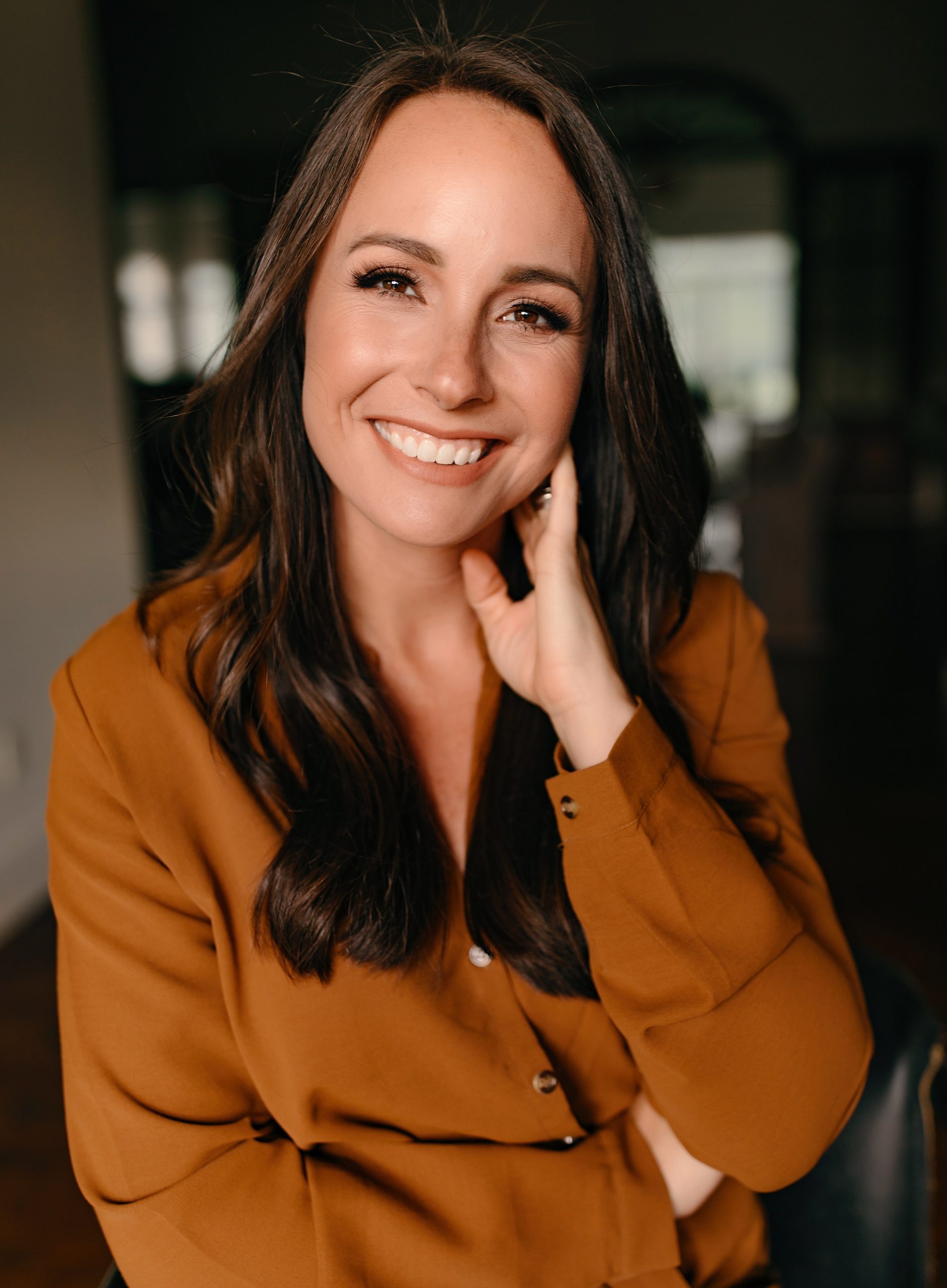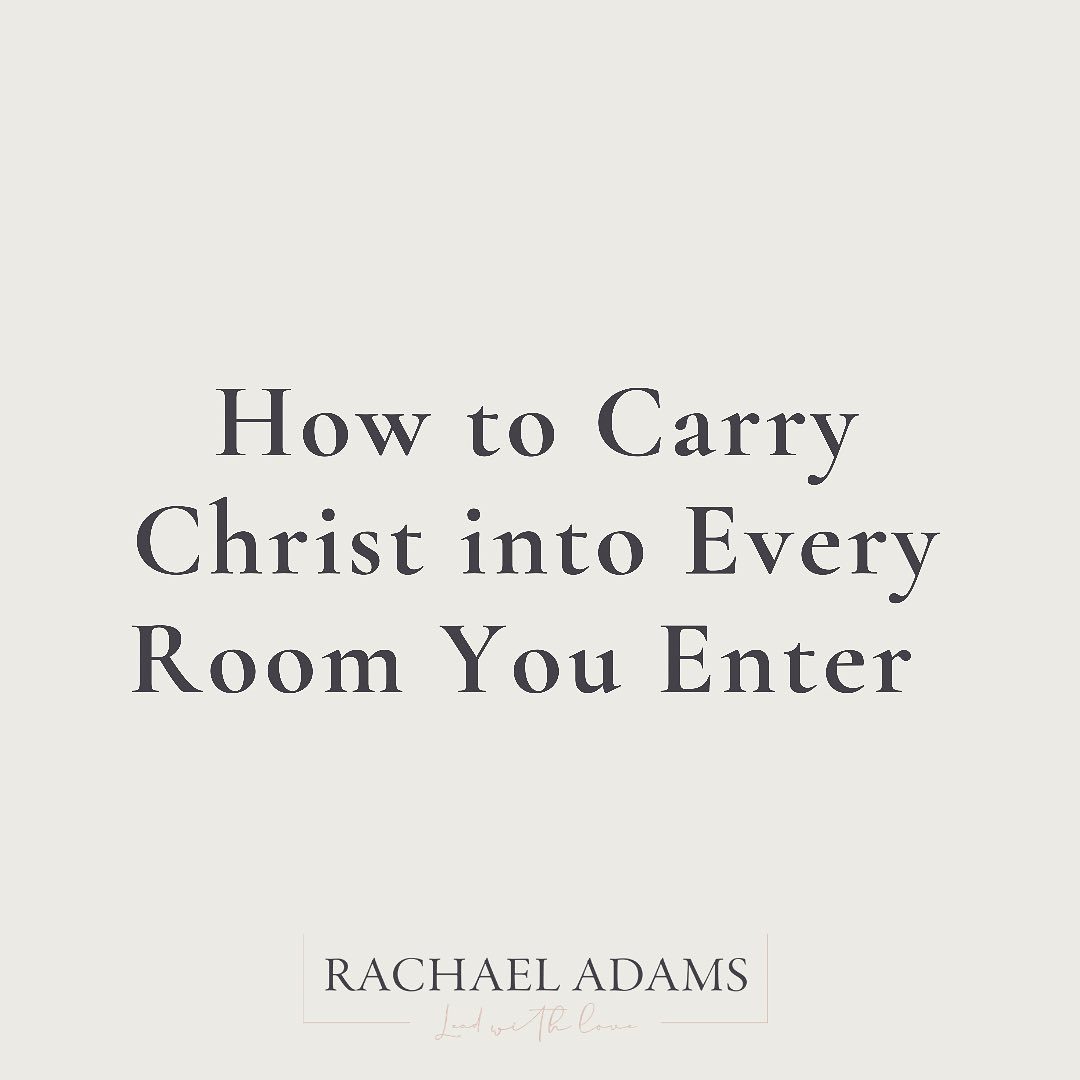I hesitantly adjust my gaze to meet my new postpartum belly. It mockingly stares back at me. Amidst the saggy skin and stretch marks—which I carried home with me after my previous postpartum stints—this same body boasts a new alteration.
My mid-section now bears a six-inch scar a few inches below my belly button. It is still red and tender to touch.
I didn’t want this scar—not because the aesthetics of it, but because of the story it told. In the beginning, my thoughts echoed disappointment and defeat. Though it was necessary to safely bring my daughter into the world, I hoped to give birth naturally for my third and final birth. Instead, I left the hospital with a complicated account of an unexpected c-section.
//
What I find so compelling about physical scars is though our skin tissue regenerates—quite well sometimes—it rarely heals exactly how it was before. It holds evidence that something happened there. Something significant touched that place. Every little scar, both big and small, holds within its existence of tethered skin, a story.
What’s more, the narrative about our scars can change over time. It doesn’t mean the facts change, but the sentiments shift for the storyteller. For me, I gained a greater capacity to hold space for that part of my experience. After I chose to wrestle with my grief, the message ever-so-gently evolved into that of acceptance for the story preserved forever by my six-inch scar.
In the past several years, much of my journey has been to tease out words to vocalize my patchwork of scars—moments of trauma, grief, and disappointment stamped on my passport of life. What I have found more challenging, though, is to find a safe place to bounce the words off people who can listen well. I’ve been silenced by many people who think my story is too hard to hear. It is a tragedy when we don’t feel safe to share our deepest pain, because…
Our scars are what stitch our stories to life.
//
There is a narrative in the New Testament where the apostle Paul and some companions are in jail. All of a sudden, their release is orchestrated by an act of God in the form of an earthquake. The jailer thinks it’s his fault they escaped, and immediately wants to kill himself. When your only job is to keep guard over prisoners, and you fail at the one thing you were supposed to do, then I guess you might want to end your life too, assuming the authorities don’t get to you first.
What a pickle to be in.
What happens next is nothing short of a miracle. The jailer wants to know by what power they were released. When they explain the story of their creator God, he promptly puts his faith in God, that very night. The narrative goes:
“Then they spoke the word of the Lord to him and to all the others in his house. At that hour of the night, the jailer took them and washed their wounds; then immediately he and all his household were baptized. The jailer brought them into his house and set a meal before them; he was filled with joy because he had come to believe in God—he and his whole household.”
I promptly caught an interesting detail in the passage—a significant disclosure—that might often get overlooked. And yet, in that moment it stared right back at me, compelling me to look closer.
Upon belief, the jailer’s first response is to tend to the prisoners’ wounds.
For a man whose profession was to administer palpable pain, as a changed man, his first inclination is to give gentle attention to the prisoners’ most vulnerable place—their fresh, raw, physical wounds. His entire family goes on to get baptized and they collectively share a meal, which are necessary and holy things. Yet, the jailer promptly prioritizes the healing process for the men, and seemingly so for himself as well. He just can’t help but do the same things Jesus would do.
He tends to the places people are hurting the most.
//
Jesus was a wound healer. That’s just what he did for the remainder of his life’s work. Whether the affliction was physical or mental, he healed it. Most of the time he mended the pain with a quick physical touch. Other times he used things such as mud, spit, water, pigs—you name it.
When Jesus heals our wounds in a transformative way, we are liberated to go out and tend to our fellow travelers in this muddled and fractured world.
How do we do this?
We choose to show up for others in their pain. We courageously bear our sorrows as we simultaneously honor theirs.
As straightforward as it might seem, often, this is not easy. It requires vulnerability and sacrifice. Many find it too uncomfortable, too difficult to sit with another in their moments of lament.
It’s here that we find ourselves at a crossroads.
We can decide to come alongside and simply be with others amidst their suffering, or we can remain truant in others’ lives.
If we choose the former, we must resolve to stay present with them in their afflictions—as long as it takes—for the grief process can never be rushed. As we choose to sit with others, we gain a front-row seat to watch their pain transform from wound to scar—a fresh scar that will boldly stitch their unique stories to life.
When we choose to cast our scars as the protagonist—the leading role—of our narratives, we become more authentic, transparent people. We are able to connect with others who have gone through similar things. We no longer hide in our shrouds of shame but join the collective ensemble in a united refrain: “Me too. I have gone through that too, and what a relief it is to know I am not the only one.”
And then, our wounded healer joins the chorus, tenderly takes our hands into his scarred hands, and gently whispers,
“Me too, my children, me too.”

About the Author:
Julie is a social worker/mental health counselor. Though she is not currently in the social work field, her heart remains hopeful for social justice in this fractured world. She stays home constantly herding and unschooling her intensely spirited children. A pour-over cup (or two or three) of coffee is her lifeline and keeps her in the game.
She is a fierce advocate for showing up with vulnerability and authenticity, believes everyone has a powerful story to share, and is convinced words hold the unique power to connect with others. She writes at the intersection of her evolving faith and the joys of life, the inevitable grief of life, and the gray that is in-between. Though she has called various cities across the United States home, she now resides outside of Seattle, Washington with her husband and three children.
Connect with Julie:
Instagram: @julielynnklein




